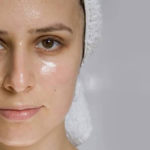Clay masks are a popular skincare choice among women, thanks to their powerful cleansing and acne-fighting properties. Let’s delve into the world of clay masks and explore their benefits in today’s article!
1 What are Clay Masks?
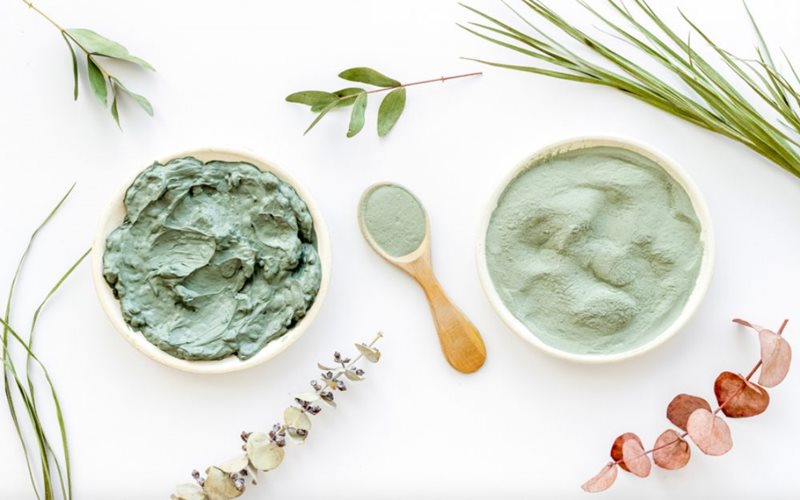 An Introduction to Clay Masks
An Introduction to Clay Masks
Clay masks are a type of facial treatment that contains natural clay as a key ingredient. This clay is rich in minerals and nutrients beneficial to the skin, such as zinc, magnesium, calcium, and copper. Due to its high content of skin-loving ingredients, clay masks are highly regarded and trusted by many women in their daily skincare routines.
2 Benefits of Clay Masks
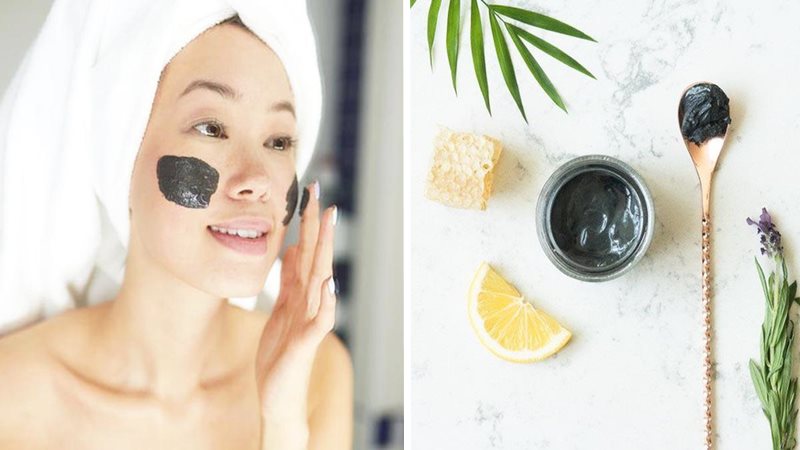 Unveiling the Benefits of Clay Masks
Unveiling the Benefits of Clay Masks
Here are the amazing benefits that clay masks offer to your skin:
- Deep Cleansing: Clay masks contain ingredients that attract and absorb impurities and dirt trapped beneath the skin, providing an effective deep cleansing action.
- Brightening: Clay not only cleanses the surface of the skin but also helps unclog pores. This action allows for better oxygenation of the skin cells, resulting in a brighter and more radiant complexion.
- Acne Prevention and Treatment: Clay masks are popular for their oil-absorbing properties, which help control sebum production and keep pores clear, making them highly effective in preventing and treating acne.
3 Types of Clay Masks
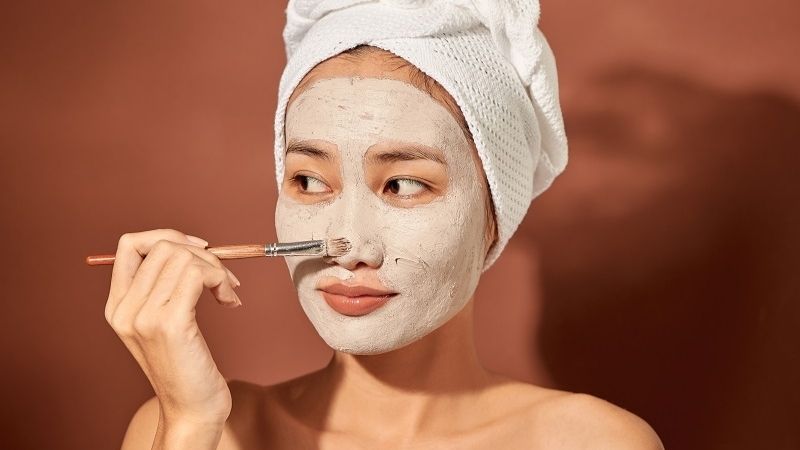 Exploring the Different Types of Clay Masks
Exploring the Different Types of Clay Masks
Here are some of the most popular types of clay masks available on the market that you can choose from:
- White Clay Mask: Also known as kaolin clay mask, this type of mask is rich in minerals like zinc, calcium, and magnesium. White clay has a lightweight texture that penetrates deep into the skin, effectively cleansing pores and removing dead skin cells.
- Bentonite Clay Mask: Derived from volcanic ash, this mask is known for its powerful detoxifying properties. It draws out impurities and toxins from the skin, making it ideal for those with oily, acne-prone skin.
- Green Clay Mask: Originating from decomposed plant material like chlorella and seaweed, green clay has strong antioxidant and anti-inflammatory properties, offering effective skin healing benefits.
- Red Clay Mask: Rich in iron oxide, red clay helps regulate sebum production, keeping pores clear and supporting acne treatment. It is also gentle and nourishing, making it suitable for sensitive skin.
- Pink Clay Mask: A combination of white and red clay, pink clay provides enhanced moisturizing benefits without irritating the skin. It is perfect for those seeking a gentle yet effective clay mask.
- Yellow Clay Mask: This type of clay mask gently exfoliates the skin while infusing it with moisture, leaving your complexion soft and supple.
4 Who Should Use Clay Masks?
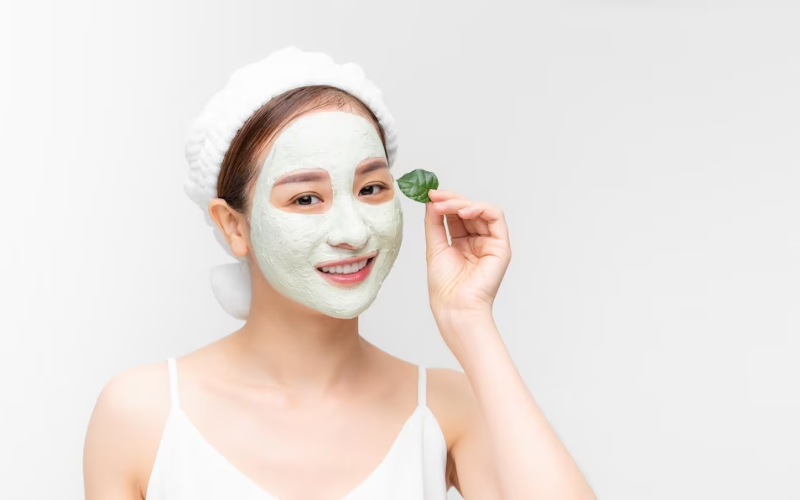 Who Can Benefit from Using Clay Masks?
Who Can Benefit from Using Clay Masks?
According to dermatologists, clay masks are especially recommended for individuals with oily skin prone to excess sebum production and acne breakouts. The unique ability of clay masks to absorb oil, regulate sebum, and detoxify the skin makes them highly effective in improving acne-prone skin.
Additionally, those who experience stress and anxiety, which can take a toll on their complexion, may also benefit from using clay masks to restore a healthy, glowing, and vibrant appearance.
5 Guide to Choosing the Right Clay Mask
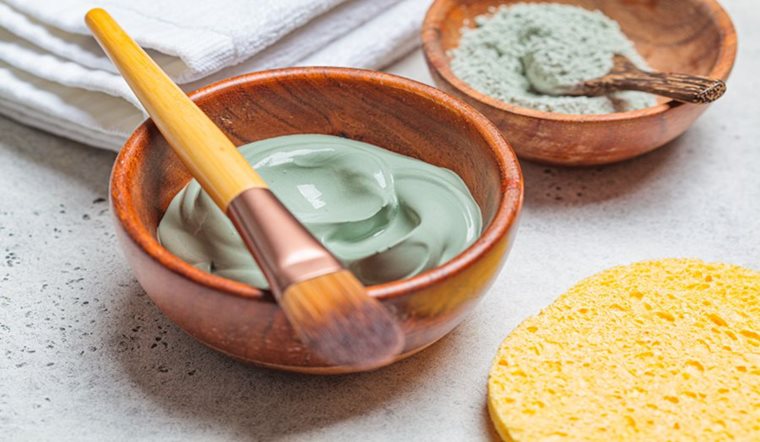 Finding the Perfect Clay Mask for Your Skin
Finding the Perfect Clay Mask for Your Skin
Selecting a clay mask based on your skin type:
- Oily Skin: Opt for white or green clay masks to effectively absorb excess sebum and remove impurities from the skin.
- Combination Skin: Choose a clay mask derived from volcanic ash to unclog pores and reduce the likelihood of acne breakouts.
- Sensitive Skin: White clay masks are ideal for gently cleansing sensitive skin without causing irritation.
- Dry Skin: Red clay masks are recommended to minimize irritation and dryness associated with clay masks.
Choosing a clay mask based on its ingredients:
Pay close attention to the ingredients in the clay mask to ensure they align with your skin’s needs. For instance, if you have oily, acne-prone skin, look for masks containing zinc and magnesium to enhance pore cleansing and prevent acne. For sensitive skin, seek out masks with centella asiatica and panthenol extracts to reduce the risk of irritation.
If you have dry skin, select masks with hydrating ingredients like aloe vera and hyaluronic acid to boost moisture levels.
Opt for reputable brands and retailers:
When purchasing a clay mask, choose trusted brands and authorized retailers like cosmetics stores, pharmacies, and supermarkets. Always check the ingredients, expiration date, and manufacturer to ensure the product’s authenticity and quality.
In conclusion, clay masks offer a multitude of benefits for various skin types. If you haven’t tried them yet, give them a go and experience the positive impact they can have on your skin’s health and appearance!
Do You Need to Refrigerate Your Lotions, Masks, Toners, and Cosmetics?
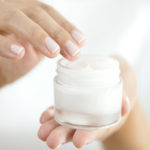 Masks, Toners, and Cosmetics?’>
Masks, Toners, and Cosmetics?’>Are you wondering if you should store your lotions, masks, toners and cosmetics in the refrigerator? Read on to find out the answer.


























